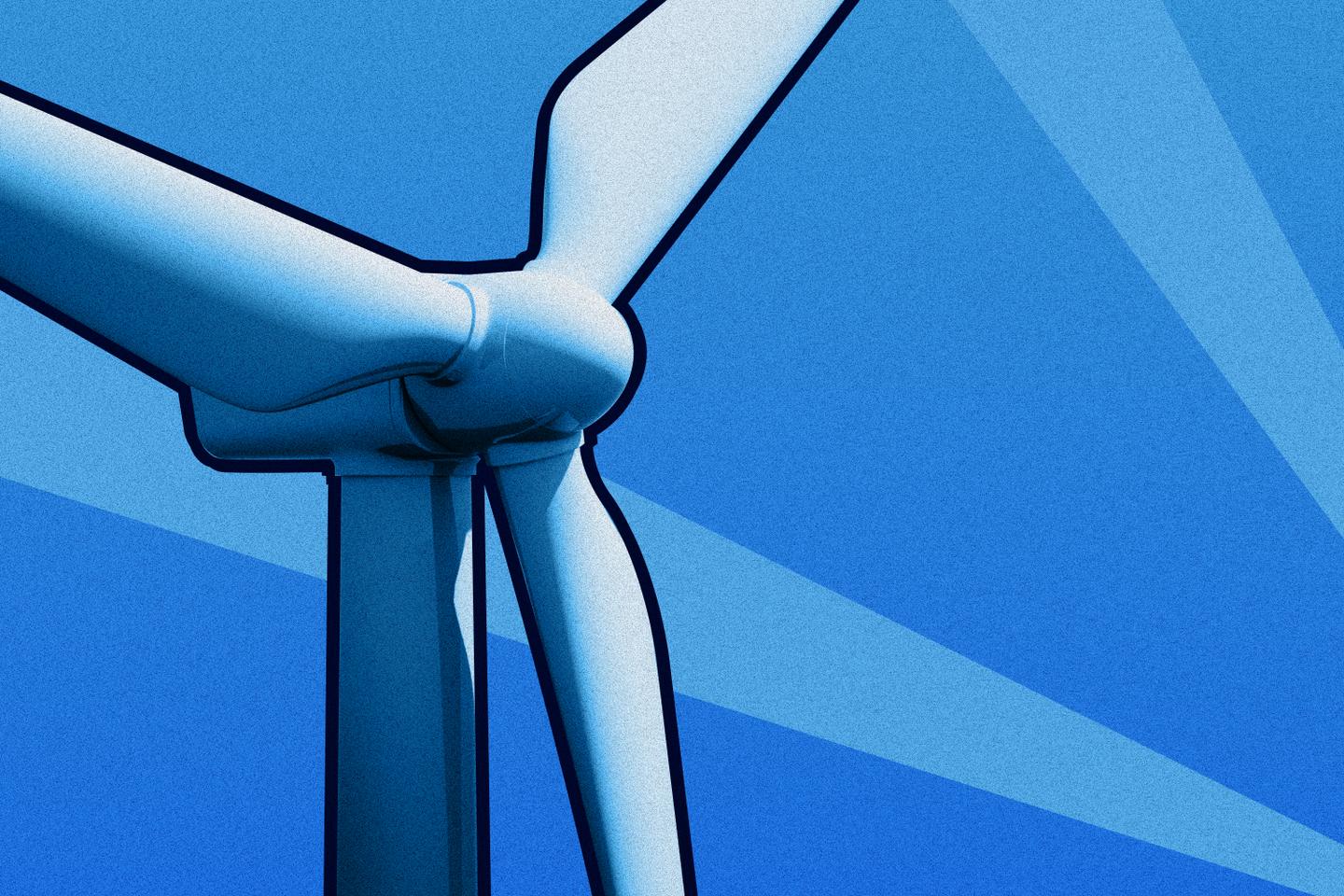


By a mischievous twist of fate, the amendment to the Gremillet bill establishing a moratorium on wind and solar energy was passed by the Assemblée Nationale on June 19, on the eve of a heatwave whose link to climate change was established by ClimaMeter, a project of the Pierre-Simon Laplace Institute and the French National Center for Scientific Research. The amendment, put forward by the right-wing Les Républicains (LR) and supported by the far-right Rassemblement National (RN), aimed to prohibit the government from processing requests to create or renew any wind or solar projects, for an indefinite period, at a time when the country has never needed an ambitious climate policy more urgently.
Since then, the Assemblée Nationale overwhelmingly rejected the entire bill, and the legislation went to the Senate for a second reading scheduled for July 8 and 9. The episode, however, raises two questions: How did political parties that claim to be fit to govern France arrive at such an irresponsible position? And what explains the deepening hatred of environmentalism that now seems to be growing within the right and far right, even serving as the glue for their alliance in Europe and beyond?
The question is all the more relevant because neither the RN nor LR focused much on these issues just a few years ago. The current moment clearly provides opportunities for these parties to capitalize on anger over rising energy prices, farmer protests, backlash against low-emission zones and the challenges facing business owners.
In 2022, the RN tailored the climate debate to its worldview: In her presidential platform, Marine Le Pen did not describe herself as anti-environmentalist but rather as opposed to "punitive environmentalism," criticizing diktats from Brussels, denouncing "ecoterrorism," decrying the blight of wind turbines on the landscape and promoting localism, heritage protection and the use of nuclear energy.
You have 63.33% of this article left to read. The rest is for subscribers only.
